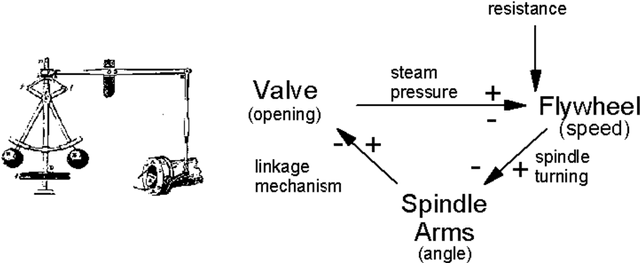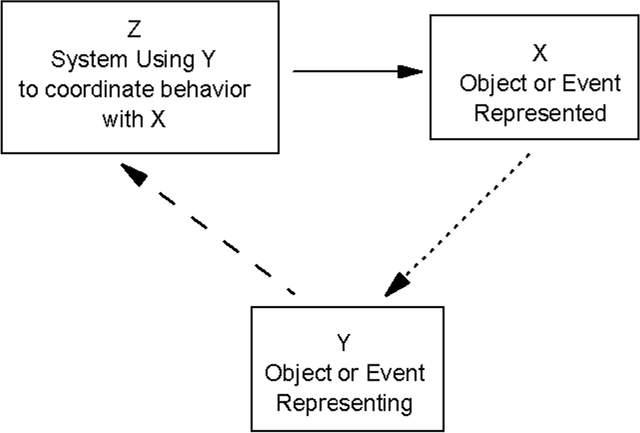Representation in Dynamical Systems
Paper and Code
May 12, 2021

The brain is often called a computer and likened to a Turing machine, in part because the mind can manipulate discrete symbols such as numbers. But the brain is a dynamical system, more like a Watt governor than a Turing machine. Can a dynamical system be said to operate using "representations"? This paper argues that it can, although not in the way a digital computer does. Instead, it uses phenomena best described using mathematic concepts such as chaotic attractors to stand in for aspects of the world.
* 11 pages, 2 figures
 Add to Chrome
Add to Chrome Add to Firefox
Add to Firefox Add to Edge
Add to Edge